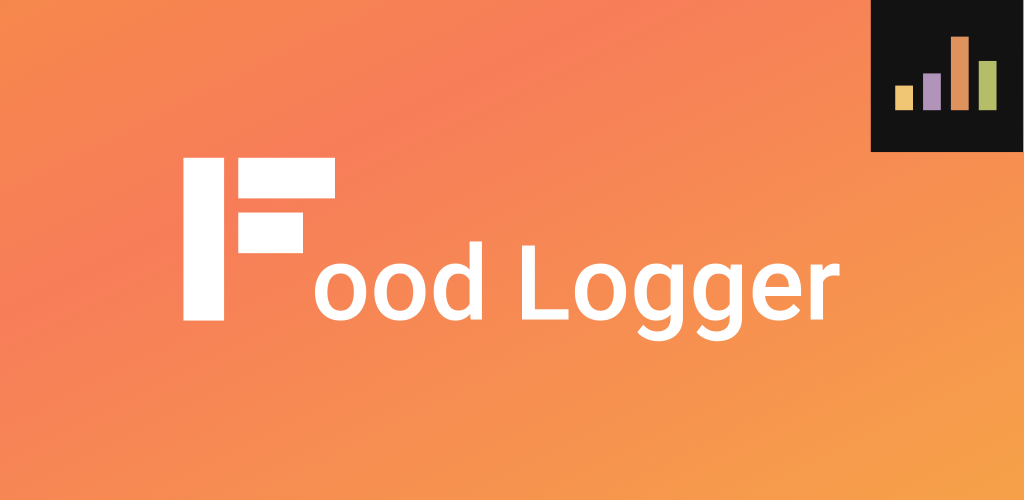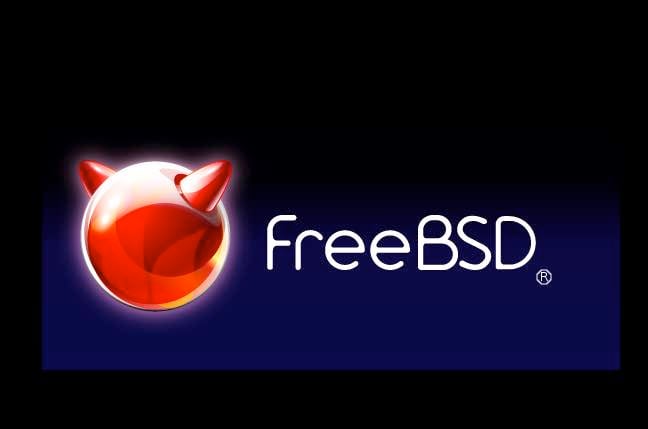Alphane Moon
That there is no perfect defense. There is no protection. Being alive means being exposed; it’s the nature of life to be hazardous—it’s the stuff of living.
- 117 Posts
- 210 Comments

 4·3 days ago
4·3 days agoFascinating article. We don’t really get these types of attacks any more. It’s all professional criminals or nation state actors.

 3·8 days ago
3·8 days agoI wouldn’t trust Zuck-Zuck to clean up after my dog, let alone anything more complex than that.

 2·8 days ago
2·8 days agoI don’t think this is a Google thing.
We have working cross-carrrier RCS in Ukraine. No one uses it though.

 22·8 days ago
22·8 days agoI found the article to be rather confusing.
One thing to point out is that the video codec used in this research (but for which results weren’t published for some reason), H264, is not at all state of the art.
H265 is far newer and they are already working on H266. There are also other much higher quality codecs such as AV1. For what it’s worth, they do reference H265, but I don’t have access to the source research paper, so it’s difficult to say what they are comparing against.
The performance relative to FLAC is interesting though.

 1·9 days ago
1·9 days agoRecalling looking forward to this one.

 4·10 days ago
4·10 days agoJust some super basic index stuff. Day trading style strategies is not my type of thing.

 6·10 days ago
6·10 days agoAh I see. I thought you had equity and wanted to cash out during the IPO.

 17·10 days ago
17·10 days agoI don’t get all these discussions about “charitable purpose” and so on. It’s pretty clear that this is oligarch run institutions and the individuals involved are likely incapable of understanding the concept of “charitable purpose”.

 6·10 days ago
6·10 days agoAre you an insider? Or why exactly are you waiting for their IPO?

 5·11 days ago
5·11 days agoWait so ASUS’s Armoury Crate software handles ASUS drivers and this DriverHub applications handles non-ASUS drivers?

 61·14 days ago
61·14 days agoI am surprised they went as far as mass shutdown of mobile internet in so many large metropolitan areas.
Seems like they are being paranoid. I don’t get the impression we have the capabilities for a big strike that would have immense symbolic impact (e.g. on the military units taking part in the parade in Moscow).
Was this posted in self-hosted because the term is vaguely associated with the concept of getting pregnant?

 22·16 days ago
22·16 days agoSounds like it’s going to be UE6: Fortnite.
Hopefully Godot can make more improvements by the time of UE6’s release.

 31·19 days ago
31·19 days agoThis is really good point. The internet has been completely taken over by American oligarch gangs, on an outcome basis it’s not too far from internet censorship China (just implemented via alternative means).

 7·19 days ago
7·19 days agoe-greeting cards
Haven’t even thought about them in what seems like a quarter of a century.

 71·20 days ago
71·20 days agoSure, but with China everyone more less knew this. The US has used up the last benefit of the doubt that they had in the past 5 months.

 272·20 days ago
272·20 days agoIt makes sense for Chinese smartphone OEMs to move away from the Google version of Android. In the medium to long term you are setting up yourself for failure if you are reliant on an American company.
Unfortunately, the United States cannot be trusted.

 2·25 days ago
2·25 days agoIt was require a different set of incentives, as wall as massive (global) reforms in judicial system, criminal approaches and rehabilitation policies for organized crime.

 24·26 days ago
24·26 days agoSeems fine.




















I am curious how exactly will Steam integration work. Knowing MS, it’s likely going to be clunky and subpar.